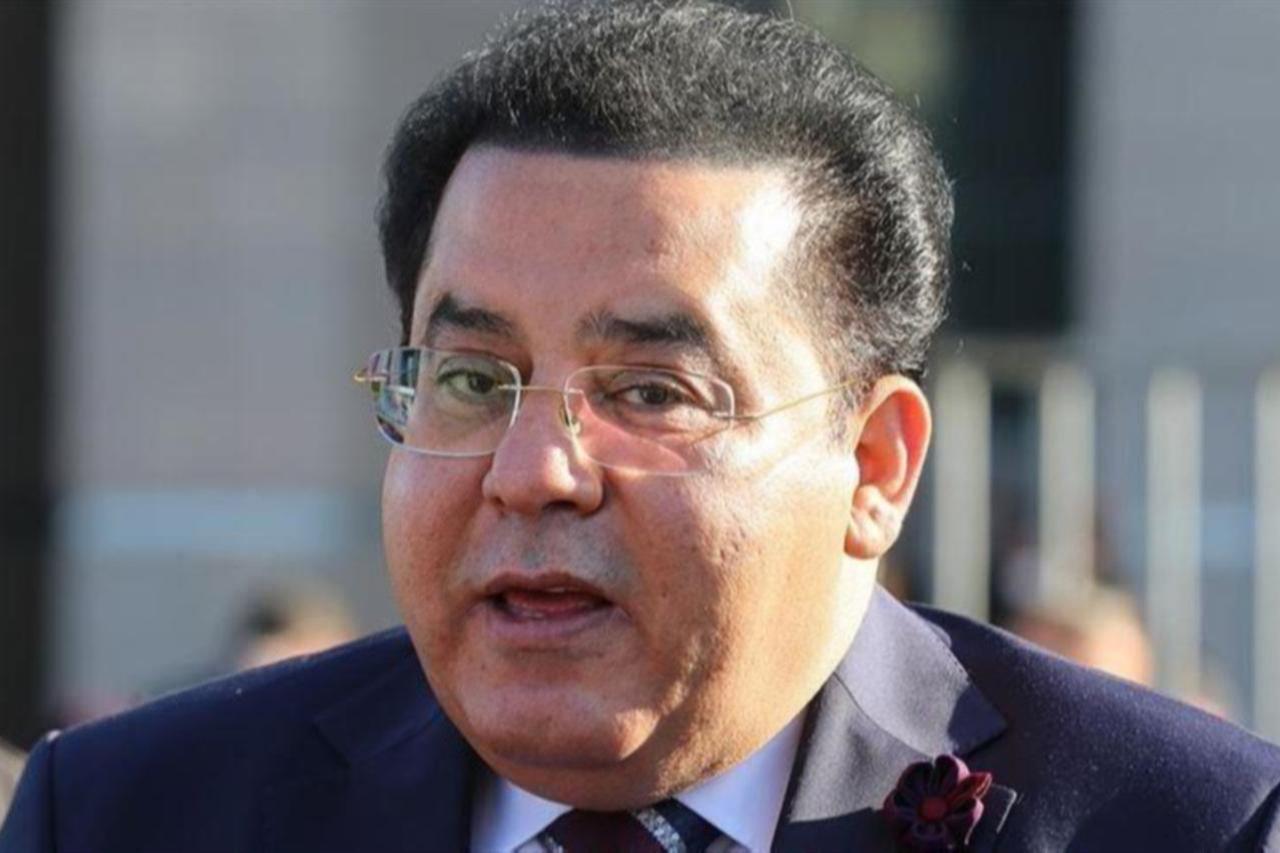
Egyptian opposition figures and leaders of the Muslim Brotherhood residing in Türkiye recently expressed their desire to engage in dialogue with the Egyptian state.
Calls for dialogue between Egyptian opposition parties and Egyptian authorities continue to resurface, sparking debate online. However, Egyptian political authorities continue to ignore them, leaving the fate of these efforts uncertain. One prominent opposition figure talking to Türkiye Today highlighted Türkiye’s possible indirect role in a possible national dialogue for Egypt.
This follows two separate statements released by Egyptian opposition leader of the Ghad El-Thawra Party and chairman of El-Sharq TV, Ayman Nour and Muslim Brotherhood leader Mohamed Emad Saber.
Both leaders, residing in Türkiye, addressed the possibility of opening the door to a national dialogue with the Egyptian authorities.
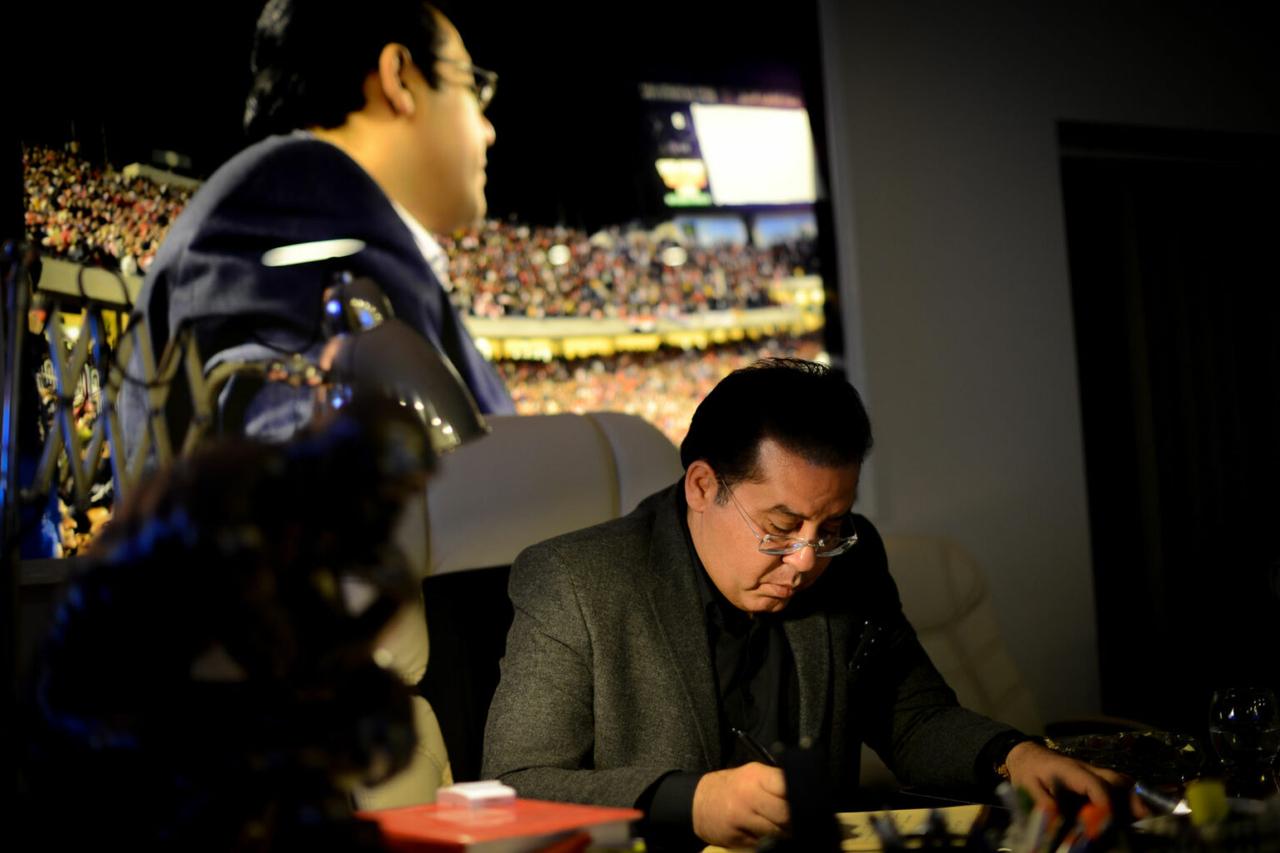
Although the two statements were issued separately on their social media accounts, they share several common points and coordination on shared issues.
The two parties are part of a larger coalition, the Union of Egyptian National Forces, which includes Egyptians residing in nearly 26 countries worldwide.
The union is led by Nour, with Saber serving as deputy head for parliamentary affairs.
In its statements, the Ghad El-Thawra Party, which defines itself as a liberal civil force, aligns with the Muslim Brotherhood on acknowledging past mistakes and seeking to address them.
Both parties acknowledged the past mistakes, while the Muslim Brotherhood party called them "mistaken judgments." They all agreed on the importance of assessing relations with state institutions or managing alliances and the broader political scene.
The Egyptian opposition leaders emphasized the urgent need for these mistakes to undergo a thorough internal review, based on honest assessment.
They also demand the immediate release of political detainees, particularly women and the elderly, and an end to restrictions on public freedom. Both parties also called for a political space based on pluralism and fair, free competition.
In its statement, the Ghad El-Thawra Party asserted that their message is both simple and profound: Before it’s too late, there must be a genuine and inclusive national dialogue, including voices from inside and outside the country. "The dialogue should recognize diversity and affirm that Egypt belongs to all its people," read the statement, asserting that "the future of the nation cannot be built on violence, exclusion, or monopoly of power."
It can only be secured through mutual recognition, shared respect, and the belief that democracy is the sole path toward a safe, just, and prosperous society.
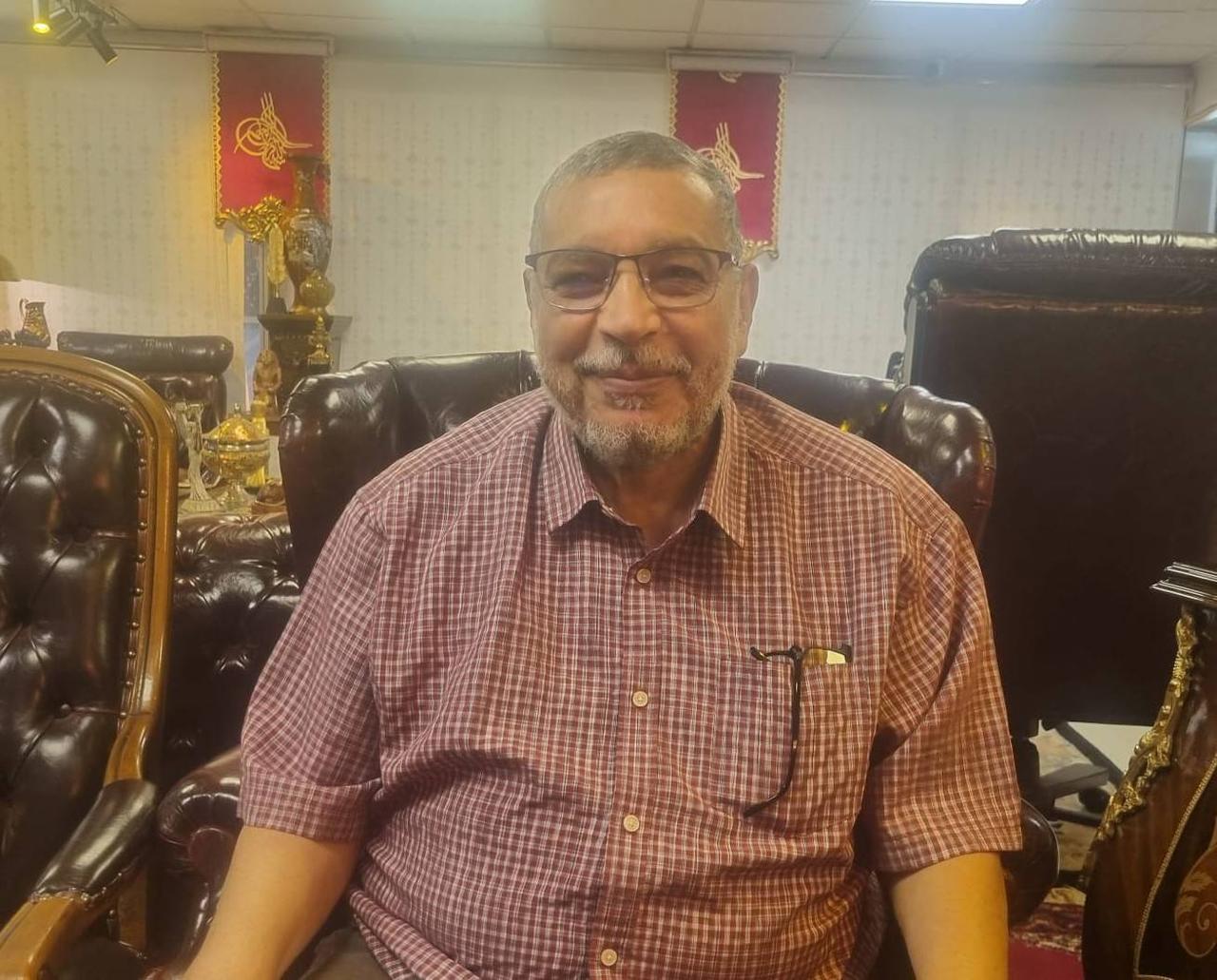
On the other hand, Saber emphasized that the group does not see itself as a substitute or parallel entity to the state. He added that they aspire to be partners in nation-building within the legal and constitutional framework, based on the principle of citizenship.
“We extend our hands not in submission, but in patriotism and responsibility. We put forward this initiative to save the nation, not to preserve any group,” Saber emphasized.
The party also rejected "classifying the Muslim Brotherhood as a terrorist organization."
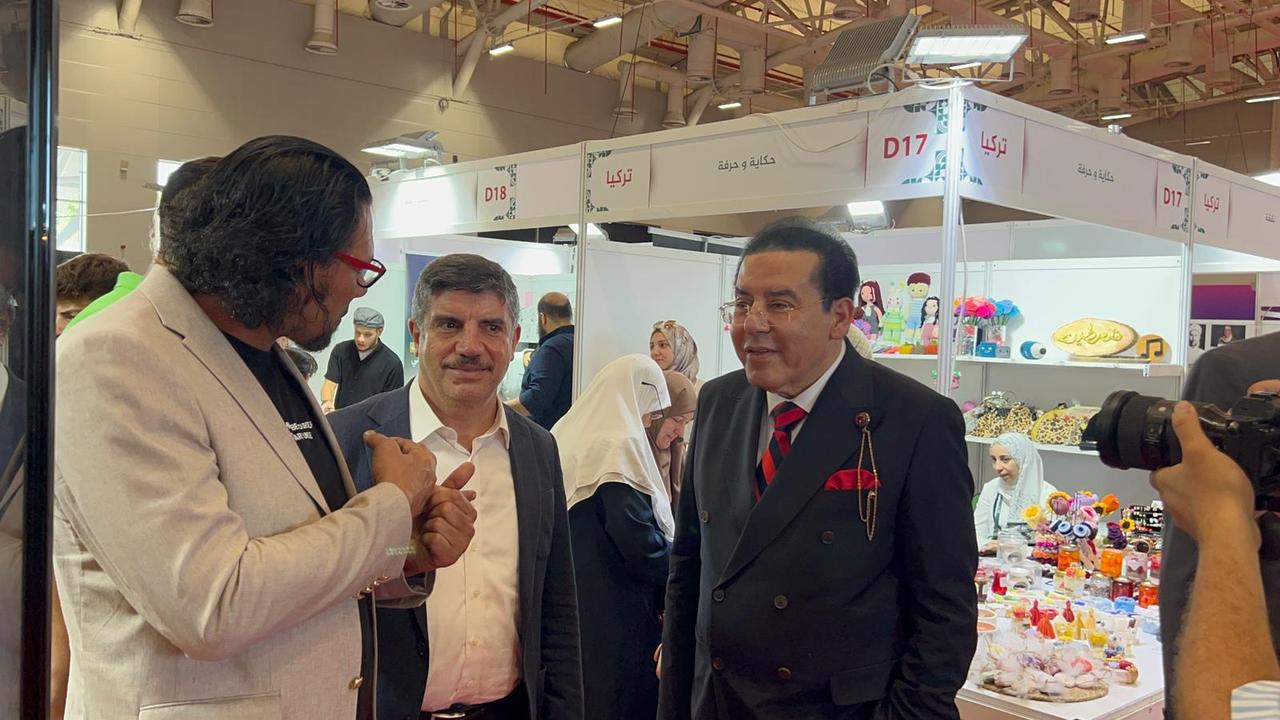
In an exclusive interview with Türkiye Today, Nour stressed that Türkiye could play a crucial role as an impartial mediator in opening a comprehensive and responsible national dialogue with Egypt.
“Türkiye stands out as a key impartial mediator,” he underlined.
“Türkiye ranks among the most capable mediators with extensive experience in resolving such issues,” Nour added.
Nour also spoke about his admiration for Turkish civil society, the “living heartbeat,” which, he said, reflects "a genuine social model that others should aspire to."
He welcomed the involvement of Turkish civil society organizations and intermediary institutions in efforts to reach a shared political solution.
Nour, who also leads the civil society organization El-Sharq Association for culture and media, said, “We are always open to cooperation with Turkish society.”
He said the party welcomes any joint initiatives with Turkish partners that aim to defend freedom of expression and expand public space in Egypt.
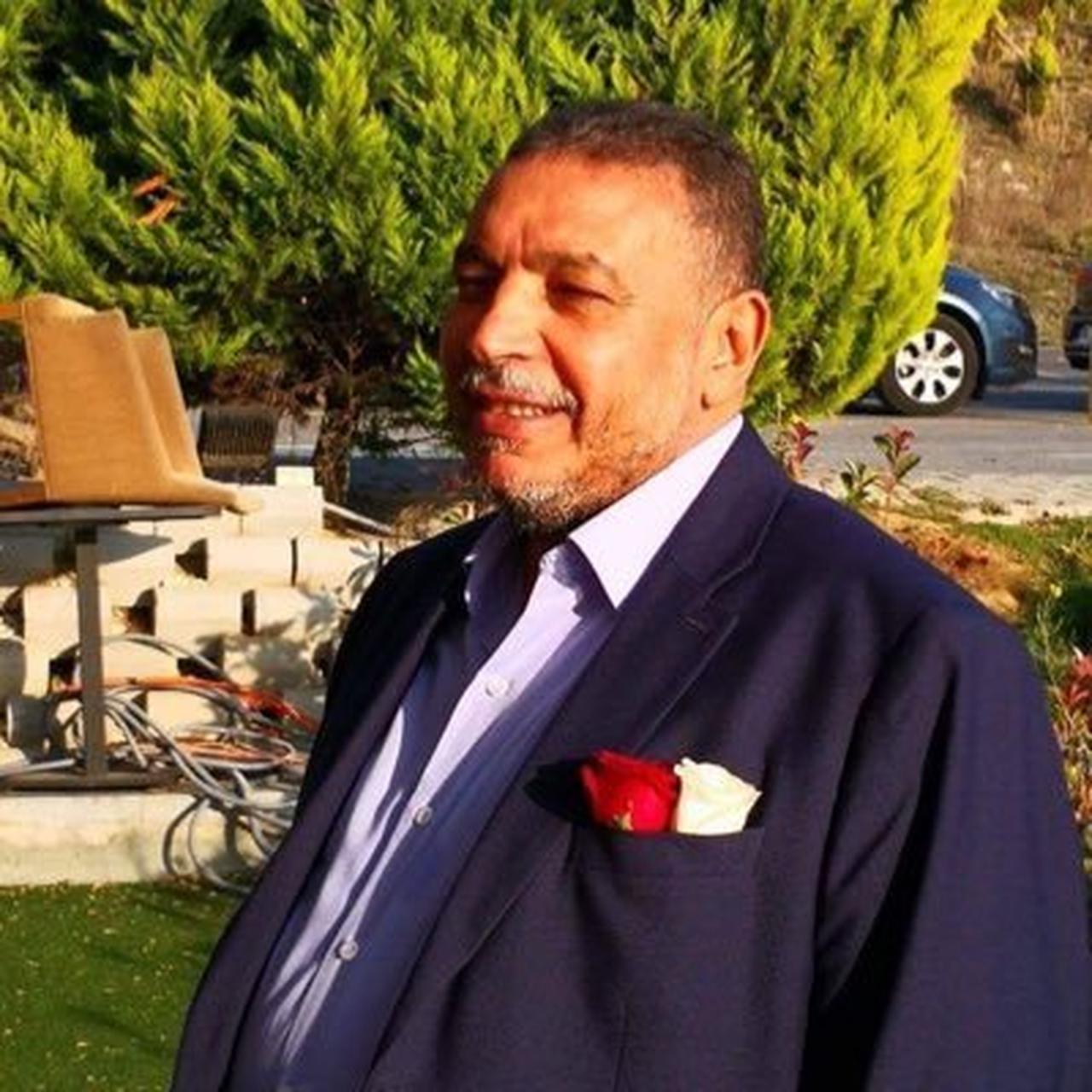
Nour pointed to the growing atmosphere of despair and frustration across Egyptian streets as an important reason for the timing of the reconciliation.
Initiating the reconciliation process at a time when the Muslim Brotherhood faces accusations of conspiring against the Egyptian state.
Authorities have also raised allegations against groups abroad in connection with incidents at several Egyptian embassies.
Which the Ghad El-Thawra Party categorically rejects, describing them as a desperate attempt to hold it accountable for the failings of other institutions.
Nour emphasized that the issue goes beyond any single party. “There is a real threat to the Egyptian state in all its components,” he said.
“When I speak of the state, I am not referring to the regime or the president alone, but to the legislative, judicial and executive branches.
He talked about the risk of social unrest due to severe economic and social pressures on citizens, which puts Egypt at risk.
“All these threats compelled us to issue a statement. Nour added, “We aim not only to warn but also to prevent the very outcomes we caution against.”
Nour noted that national dialogues often begin with a “pre-dialogue” phase, during which the foundations are laid to ensure success.
“I believe no rational party could reject dialogue, while no responsible party would accept it without guarantees,” he added.
When asked whether there has been any response from the authorities, Nour said, “Those active in politics rarely cut ties with national or international networks."
"Such contacts are unlikely to be made public before producing results," he added.